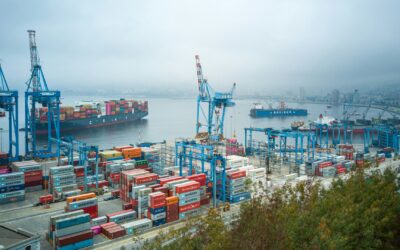Some of the worst supply disruptions occur because manufacturers run short of low-cost items or raw materials that are widely used across a range of final products. We saw it during the pandemic with hospitals unable to secure masks and gloves. And we’re seeing it now: The inability to get a $5 semiconductor chip has brought the automotive industry to its knees. I recently read a story in the Washington Post that detailed how a shortage of cardboard boxes, each worth 26 cents, delayed a shipment of modules worth $33 apiece, while the lack of a 12 cent part, one of 20 components in another product, halted an assembly line for two weeks. What do all these items have in common? They all come from suppliers in the lower tiers of the supply chain.
Procurement organizations have been told for decades that their number one priority is cost savings, followed by inventory reduction via strategies like Lean and Just-in-time (JIT). Often these objectives are tied to performance bonuses. With this mindset, procurement teams typically pay attention to the top 20% of suppliers that make up 80% of the spend, and work closely with those suppliers to track cost and negotiate savings. But this strategy is extremely risky because every part and raw material, irrespective of spend, is required to produce and ship the product. Think about it: If procurement teams only have visibility into 20% of their suppliers, that’s 80% of suppliers left to chance!
Read more here.
William Crane, CEO of IndustryStar, an Ann Arbor, Michigan-based on-demand supply chain services and software technology company that partners with mobility leaders to reduce the cost, time and risk of bringing new vehicles, modules and components to market. William is a trusted advisor in supply chain with demonstrated results starting, launching and enhancing procurement, logistics, supplier quality and manufacturing organizations. His work has appeared frequently in the Institute for Supply Management, Sourcing Industry Group, Disruptor.com and Modern Material Handling. William’s passion for bringing technologies to market that have a positive impact on the world can be found via his blog Supply Chain for Tomorrow’s Technology. William is also Host of the Supply Chain Innovation podcast where he interviews top change-makers to uncover strategies, tips, and tools for improving new product launches.




